Sanibel Fishing Charters, September 3, 2022: Blacktip Shark, Catch & Release!
Red Tide/Algae & Daily Salt Water Quality Update Here.
Blue-Green Algae & Daily Fresh Water Quality Update Here.
Captiva Fishing: Please Click For Rates & To Book A Captiva Fishing Charter Or Call 239-472-8658.





















Sanibel Island Fishing Charters, September 3, 2022
Please Click To Rent Homes Direct From Captiva Homeowners; No VRBO Booking Fees.

Captiva Fishing Guide Report: September 3, 2022: Blacktip Sharks, Catch & Release, Captain Joe’s Charters – the weather is great – no Red Tide presence, and a lot of good fish in the gulf, bay, and passes; Sharks, Redfish, Spanish Mackerel, Snook, and Seatrout are currently present.
Redfish & snook are regulated as catch & release at this time.
Some very nice big redfish and big snook around. Trout are also coming back.
The Caloosahatchee freshwater releases are also not an issue right now, but still a huge long-term problem.
Extremely frustrating. We need wholesale changes in the Florida state government. It is not a Republican or Democrat issue – it is a Big Sugar control everyone issue. It is stunning how we continue to let the sugar industry and the agriculture north of Lake Okeechobee to damage the water and all of Florida.
Please click here to Book A Charter or call 239-472-8658.
We’re located in Castaways Marina, Santiva, Sanibel Island, just before the Blind Pass bridge to Captiva Island.

September 3, Sanibel Island Fishing Charters & Sanibel Island Fishing Charters: Blacktip Sharks, Catch & Release. Please also visit the Sanibel, Florida Fishing Report and Cuban Fishing sites.

Captiva Fishing Charters
September 3, fishing is very good right now; for more information just use the search box and search on any species for recent fishing reports, background on any species, and other recent fishing, water quality reports, and information.

Tarpon, snook, redfish & seatrout fishing; we’re located in Castaways Marina, Santiva, Sanibel Island, just before the Blind Pass bridge to Captiva Island.
Please click here to Book A Charter or call 239-472-8658 and here for Live Sanibel Traffic Cams.

“The blacktip shark (Carcharhinus limbatus) is a species of requiem shark, and part of the family Carcharhinidae. It is common to coastal tropical and subtropical waters around the world, including brackish habitats. Genetic analyses have revealed substantial variation within this species, with populations from the western Atlantic Ocean isolated and distinct from those in the rest of its range.

The blacktip shark has a stout, fusiform body with a pointed snout, long gill slits, and no ridge between the dorsal fins. Most individuals have black tips or edges on the pectoral, dorsal, pelvic, and caudal fins. It usually attains a length of 1.5 m (4.9 ft).

Swift, energetic piscivores, blacktip sharks are known to make spinning leaps out of the water while attacking schools of small fish. Their demeanor has been described as “timid” compared to other large requiem sharks. Both juveniles and adults form groups of varying size. Like other members of its family, the blacktip shark is viviparous; females bear one to 10 pups every other year.

Young blacktip sharks spend the first months of their lives in shallow nurseries, and grown females return to the nurseries where they were born to give birth themselves. In the absence of males, females are also capable of asexual reproduction.

Normally wary of humans, blacktip sharks can become aggressive in the presence of food and have been responsible for a number of attacks on people. This species is of importance to both commercial and recreational fisheries across many parts of its range, with its meat, skin, fins, and liver oil used. It has been assessed as Near Threatened by the IUCN, on the basis of its low reproductive rate and high value to fishers.” Please see more information here.

Image Credit: © Diane Rome Peebles
“Blacktip Shark: Carcharhinus limbatus
Appearance:
- Back is dark bluish-gray (juveniles paler) fading to a whitish belly
- Anal fin lacks black tip (in adults); dorsal fins, pectoral fins, anal fin and caudal fin lower lobe are black-tipped in juveniles (fades with growth)
- First dorsal fin starts above pectoral fin inner margin
- Long snout that appears nearly V-shaped from below
- No inter-dorsal ridge
Similar Species: Spinner shark, C. brevipinna (first dorsal fin starts behind the pectoral fin; anal fin is black-tipped)
Size: Up to 6.5 feet

Habitat:
Coastal to offshore waters. Blacktips often come inshore in large schools, particularly in association with Spanish mackerel. Frequently, the most common shark in clear-water cuts and along beaches in Florida and Bahamas.
Behavior:
One of the most common shark species in Florida coastal waters

Additional Information
State Record: 152 lbs.
Fishing Tips and Facts: Blacktip sharks are sometimes caught by sport fishers off the beach or offshore. They provide a good fight, often leaping out of the water.”
Recreational Regulations here. Please see source & more information here.

Please click here to Book A Charter or call 239-472-8658 and here for Live Sanibel Traffic Cams. Monday, July 9, Captiva Island Fishing Charters, Captain Joe’s Charters, Blacktip Sharks, Catch & Release, click here for College Of Fishing Hats & Apparel.
We’re located at Castaways Marina, Santiva, Sanibel Island, just before the Blind Pass bridge to Captiva Island.

After a fierce storm, Turner Beach, the beach adjoining the Pass, is frequently covered with a bounty of shells from Olives to Fighting Whelks to the more common Conchs. The fishing is also renowned with sharks in the summer, tailing redfish on the bayside flats and snook under and off the Blind Pass bridge. Because Turner Beach faces Westward, the sunsets are spectacular and a popular viewing point for residents and visitors alike.

And you can like us on Facebook.
Fair winds and following seas,
Captain Joey Burnsed ~ please click here for calendar or call 239-472-8658 to book a Sanibel & Captiva Islands, Boca Grande or Fort Myers fishing guide trip or shelling charter.


![Hogfish or Hog Snapper, Sanibel Fishing & Captiva Fishing, Sanibel Island, Sunday, December 10, 2017, [File Photo - Wednesday, February 8, 2017].](https://captivafishing.net/wp-content/uploads/wordpress-popular-posts/13104-featured-360x260.jpg)
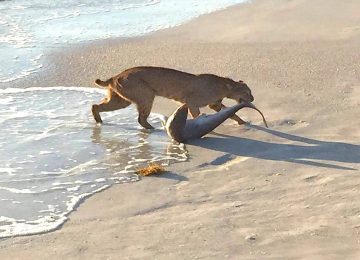
![Hogfish or Hog Snapper, Sanibel Fishing & Captiva Fishing, Sanibel Island, Sunday, December 10, 2017, [File Photo - Wednesday, February 8, 2017].](https://captivafishing.net/wp-content/uploads/wordpress-popular-posts/11558-featured-360x260.jpg)
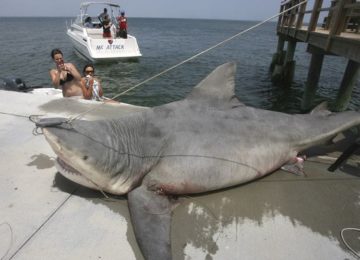

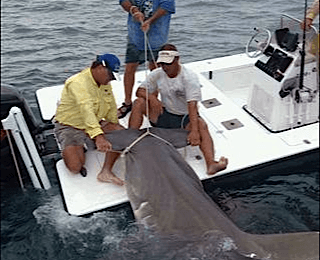
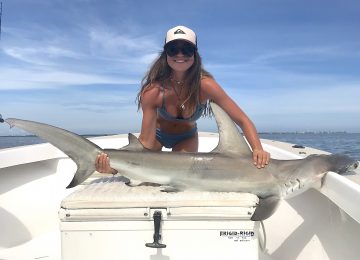
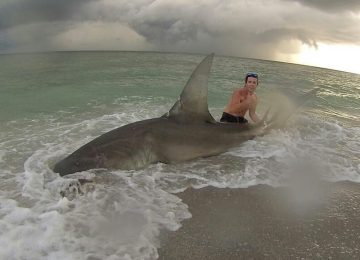
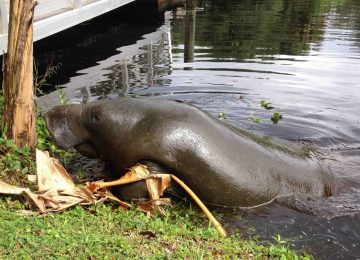
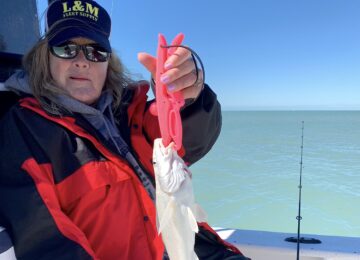
![Goliath grouper, Sanibel & Captiva Islands & Fort Myers Charters & Fishing Guide Service, Thursday, November 2, 2017, [August 16, 2012].](https://captivafishing.net/wp-content/uploads/wordpress-popular-posts/11711-featured-360x260.jpg)
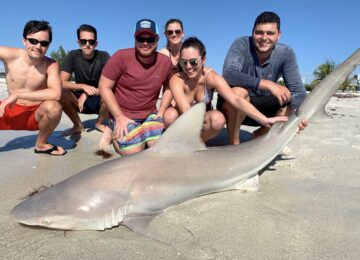
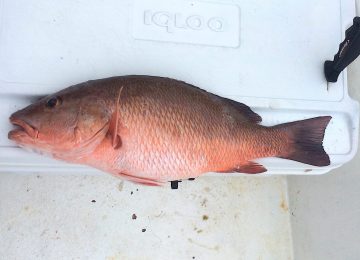

![Hogfish or Hog Snapper, Sanibel Fishing & Captiva Fishing, Sanibel Island, Sunday, December 10, 2017, [File Photo - Wednesday, February 8, 2017].](https://captivafishing.net/wp-content/uploads/wordpress-popular-posts/11143-featured-360x260.jpg)
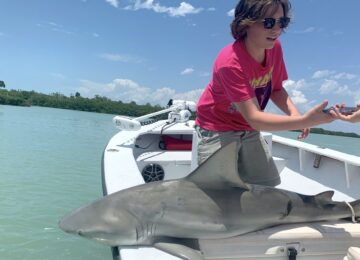
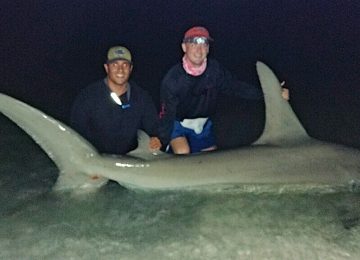
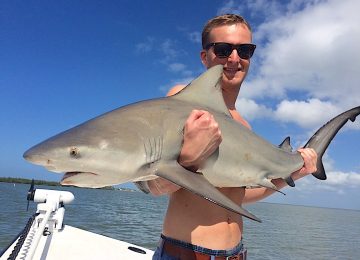
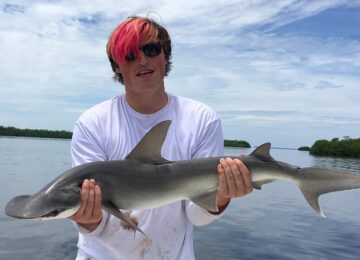
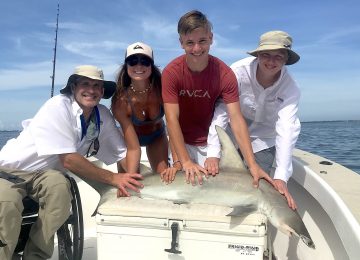
![Schoolmaster Snapper, Sanibel Fishing & Captiva Fishing, Sanibel Island, Thursday, January 11, 2018, [File Photo - Thursday, December 28, 2017].](https://captivafishing.net/wp-content/uploads/wordpress-popular-posts/13203-featured-360x260.jpg)
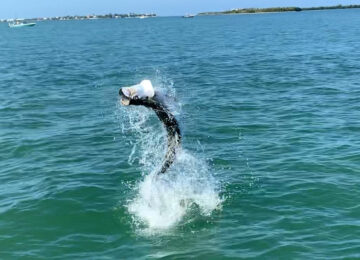
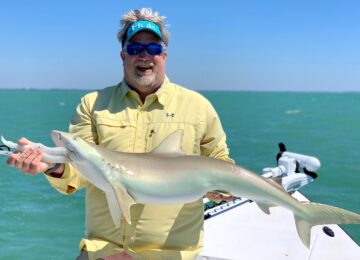
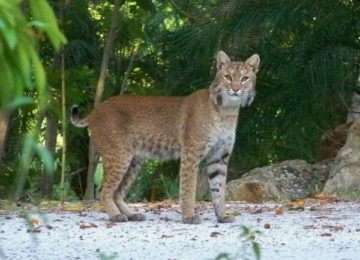
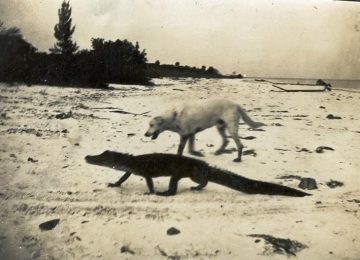
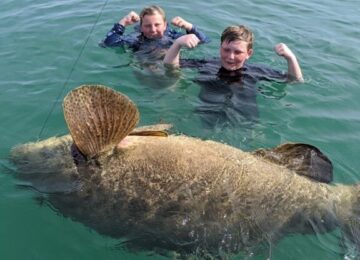
















You must be logged in to post a comment.